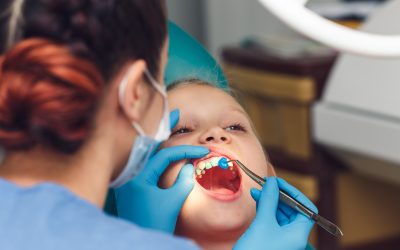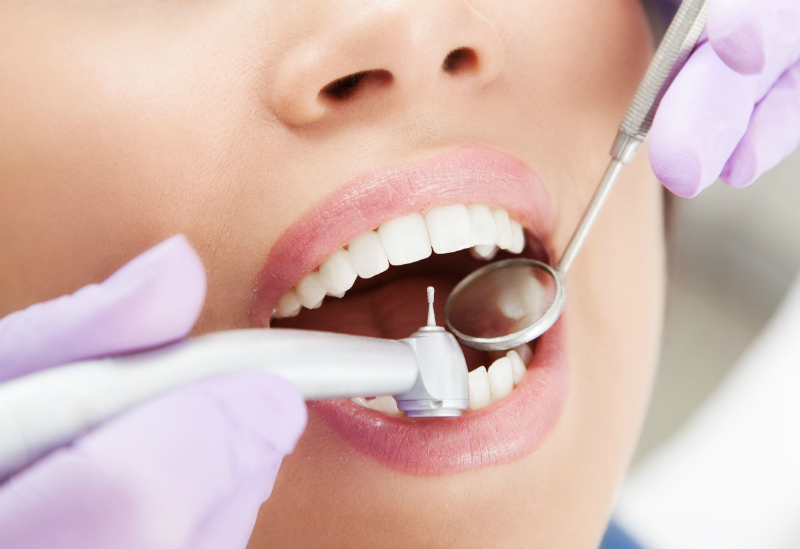An orthodontist in Massapequa is a dentist who practices one of the dental specialties; they work with patients who have crooked teeth or misaligned jaws. Patients often request orthodontic care for cosmetic purposes but there are just as many who require it for health reasons. People who display dental irregularities often suffer from embarrassment and insecurity, but the same condition can have a negative impact on the way a person chews or speaks. Often the condition will cause sleep apnea, snoring and other forms of breathing problems at night.
A goodly percentage of the population, both old and young, suffers from some type of irregular teeth or jaw problems. Some are quite severe, others may be little more than teeth which are crowded which tends to twist them in the jaw or cause them to overlap.
A patient’s potential problem is usually spotted first by the family dentist who in turn can make arrangements for a visit to the orthodontist in Massapequa. The first appointment is straight forward; the orthodontist will study the teeth, jaw and facial features of the patient and make a recommendation which often includes the fitting of braces.
If the patient agrees with the prognosis and wishes to go ahead with the treatment, a further series of appointments will be required. The patient’s upper and lower teeth will be X-Rayed, impressions will be made of the upper and lower dental arch and photos will be taken of the teeth and face. The impressions will be used to make a mold which is used to design the braces or other device that may be needed to realign the teeth. Over a period of time, perhaps as much as a year for difficult cases, repeat visits to the orthodontist is necessary as the bands require adjustment to compensate for the teeth which are moving into the desired position.
One of the biggest reasons for dental problems can be explained as hereditary, this is one of the primary reasons that children should see an orthodontist before all their permanent teeth appear. Most dentists will suggest that their minor patients visit the orthodontist at about seven years of age. Early intervention allows the orthodontist to take advantage of the fact that the jaw is still growing and corrections are significantly easier to make.

